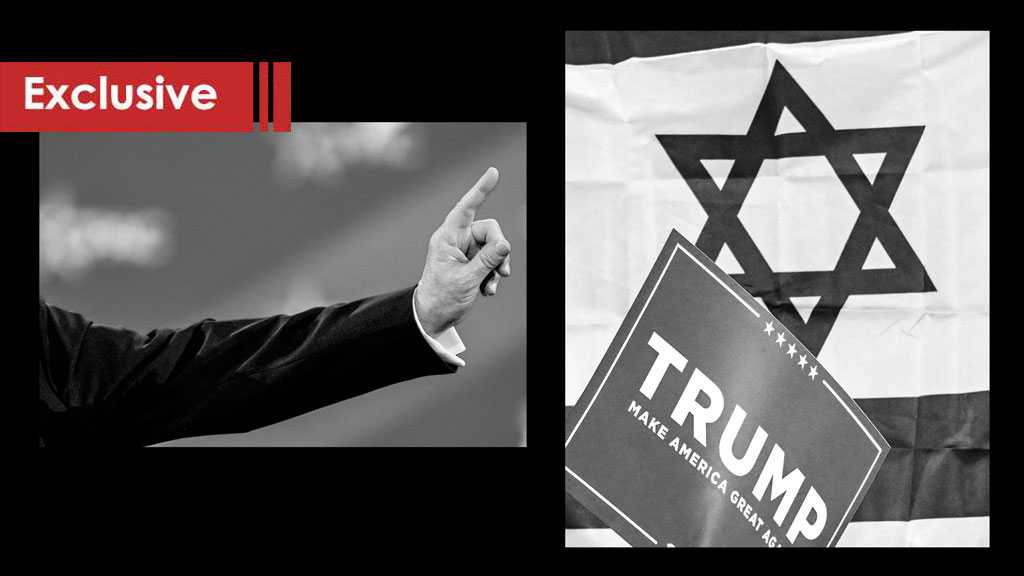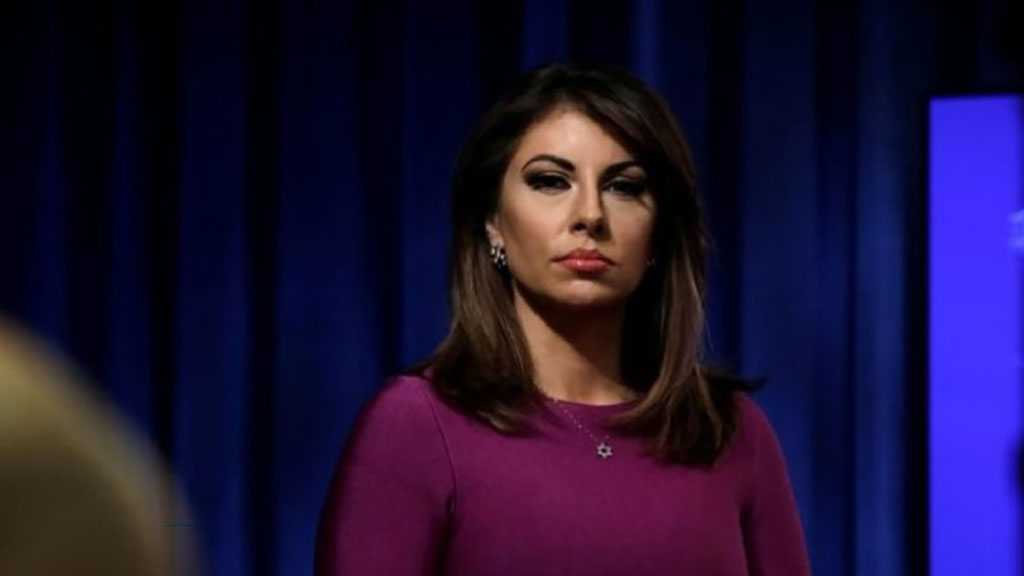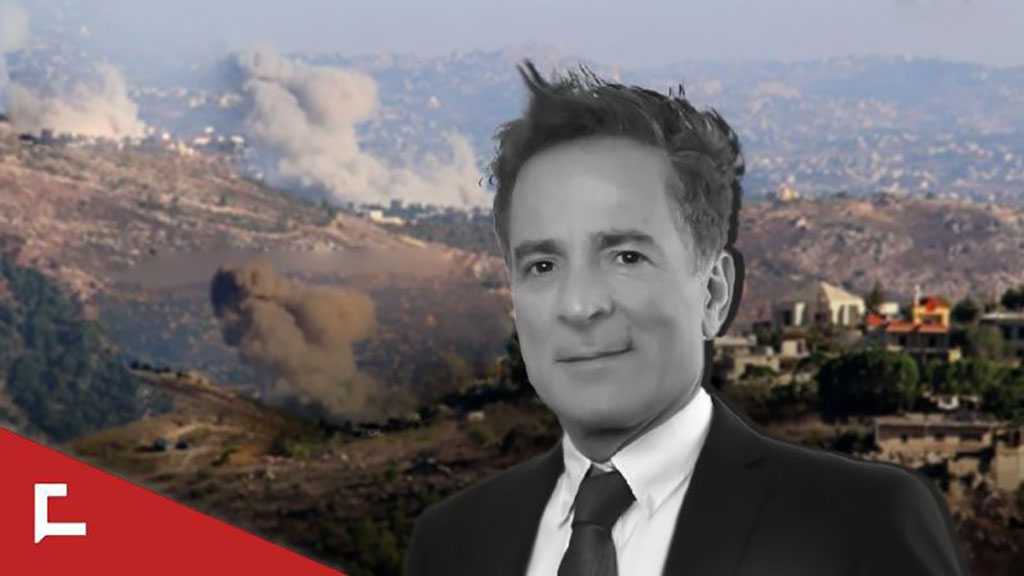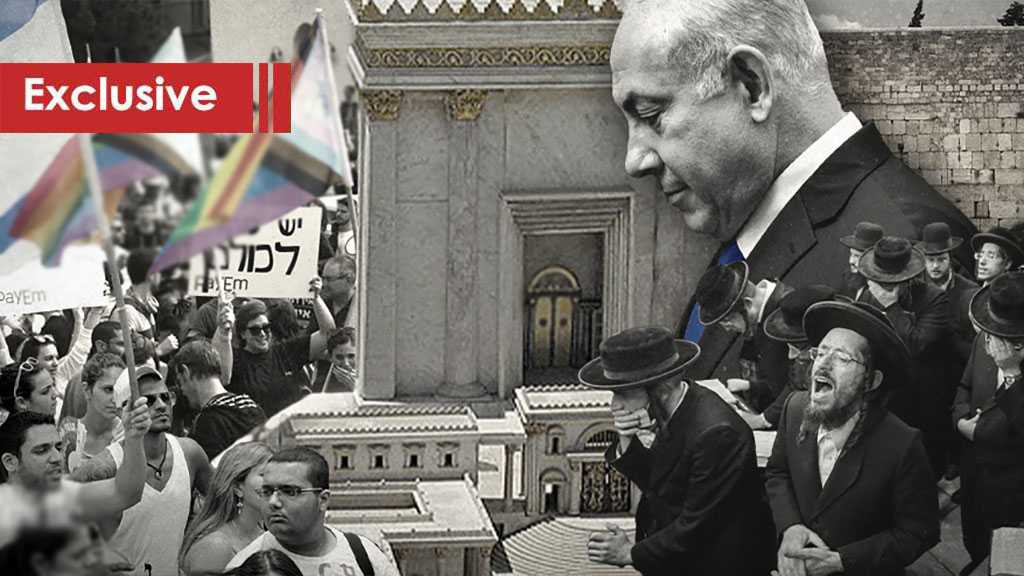Geneva Dialogue to Consolidate Power of Ansarullah and Yemeni Army
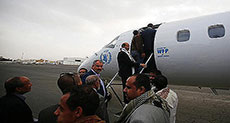
Abdul Hussein Shabib
It can easily be said that the Ansarullah movement and its allies have achieved a diplomatic victory that will go down along with the successive victories of the Yemeni people in the confrontation with the Saudi-American aggression [which includes the Saudi-American group in Yemen].

That is, after [Ansarullah and its allies] foiled desperate attempts that continued up until moments before the plane took off, whereby [the framework] for the partnership negotiations were concluded with the condition that a delegation from the media accompany the political delegation. This came after efforts were exerted to exclude the media from the negotiations process.
This achievement is important in both appearance and substance, and it deals a powerful blow to Riyadh which worked hard to prevent the conference from being held on its second scheduled date, after successfully causing the cancellation of the first date.
Politically active forces in Yemen were fully conscious of the Saudi efforts to disrupt the upcoming Geneva conference. This vigilance came after Yemeni political sources - following the preparatory negotiations for the conference - confirmed that the Saudis were working to prevent the conference from taking place. It also followed a report by the Reuters news agency last Thursday, which cited foreign diplomats who confirmed that Saudi Arabia did not want the conference to be held because they are in a weak position on the ground in Yemen.
Similarly, Yemeni sources also referred to the al-Sharq al-Awsat newspaper, which wrote on the front page of the Saturday, June 13 edition, about allegations that participants from Sanaa were being obstructed from reaching the United Nations plane. Yemeni sources considered this as further evidence of Saudi intentions to prevent the conference from being held.
An Agreement befitting the Victory
Accordingly, and in so far as the Ansarullah movement and its allies were not in a hurry to go to Geneva unless [they secure] what befits the sacrifices of the Yemeni people and their steadfastness, as well as the consecutive victories of the Yemeni army and the popular committees on the northern, southern, and central fronts.
The consultations with UN envoy Ismail Walid al-Sheikh Ahmed continued without any stoppages. This is despite the fact that some sides sought to disrupt the consultations by distributing a list of conditions among the participants, and sometimes by seeking to divide Yemenis into two groups:
Inside and outside [the country], or government and opposition, or through the terms of reference of the conference and attempts to breathe life into the Gulf initiative despite its death and its being filed in the archives, and trying to skip the [contents] of the peace and partnership agreement, or intimidation through international resolution 2216. All of this forced Ansarullah and its allies to delay deciding on whether to participate [in the Geneva conference] and to threaten a boycott. This is despite their awareness of Saudi Arabia's aim to hold them responsible for hindering [the holding of the conference], so it can benefit from this politically, in the media, and on the ground.
However, from the outset, the leadership of Ansarullah took a clear and firm decision to provide the negotiating team with certain parameters, in order to secure what befits the dignity and achievements of the people of Yemen; and these parameters, according to high-level political sources directly privy to the process, were arranged as follows:
1) We are keen on dialogue between Yemenis; however, we are not desperate to agreeing to any formula that does not meet the legitimate demands.
2) It is not permissible for the victories and blood of the martyrs to be compromised, and the other side must not achieve through politics, what he failed to secure on the battlefield.
3) Everything must be clear, including the smallest of details, and there must not be any loophole through which the enemies of the Yemeni people can take advantage of.
4) Put the fate of holding the Geneva conference in the hands of the United Nations, which is expected to play the role of mediator that brings [the parties together], and not one that imposes conditions and throws the ball in the court of Sanaa, which is the subject of the aggression.
Based on the above, the Yemeni sources that were privy to the consultations confirmed that the decisive negotiations occurred in the Sultanate of Oman, which played the role of neutral mediator, leading to the articulation of a final version of the text that received the consent of Ansarullah and its allies.
Things have begun moving towards a resolution after an agreement was made on the dialogue framework and the text of the invitations - that must be issued by the United Nations- which have to be addressed exclusively to Yemeni political factions, and without any reference to Hadi and his government. In addition, [the dialogue framework] had to be free of authoritative middle-players that are not approved by Ansarullah and its camp.
At that point the film scenarios began to appear. A weak statement was published on the Facebook page of the special UN envoy Walid al-Sheikh Ahmed, a page that had been created a few hours prior. The statement was in broken language, even in terms of the wording.
This raised the suspicions of the Yemeni delegation, especially when it was revealed that another Facebook page in the name of al-Sheikh Ahmed was immediately created thereafter. This meant that it was possible that this statement could be renounced later on, with the claim that it was issued on a forged page, but this occurring only after the faction of Ansarullah and its allies had already arrived in Geneva. Let alone the fact that a statement on Facebook lacks any legal value.
A Clearly-Worded Formula
The Yemenis insisted on a clear and official formula. They became more adamant about this demand after they learnt that Walid al-Sheikh Ahmed had issued a statement distributed by UN spokesman Ahmed Fawzi, that praised the decision by Hadi to form a unified delegation for the Geneva consultations, and which limited the reference points of the [planned] negotiations to the Gulf initiative first of all, and secondly, the results of the National Dialogue Conference. This move reinforced fears that the path towards manipulation was being paved. The second statement was understood to be an attempt to please Saudi Arabia and its camp.
What is noticeable is that the post on the official page of the UN differed from the first statement. This is what caused the Yemeni delegation in Sana'a to refuse to travel [to Geneva], so the UN plane came back, and members of the other factions also left the plane - including members of the People's Congress - with the conviction that the non-participation of Ansarullah will render Geneva worthless. Furthermore, these factions knew that the role of Ansarullah will be strengthened further among the Yemeni people, and that things will return back to crisis mode, after which the United Nations will come back and respond to the demands of Ansarullah with a practical formula that holds official and legal value.
After the intervention of regional mediators, the statement of the international envoy was published on the official UN website and on its Twitter account. The statement includes an approval of the demands of Ansarullah and an adherence to unconditional dialogue. In addition, the statement said that the dialogue is limited to exclusively Yemeni political components that were named in the invitation, that is: the People's Congress and its allies, Ansarullah and its allies, the Mushtarak [Joint Meeting parties] and its allies, and the peaceful Southern movement, without any mention of the fugitive Abed Rabbo Mansour Hadi and his government.
This intelligent management of the negotiations, and not cracking under the pressure of being the cause of failure, produced a new composition of the delegations, raising the number of the representatives Ansarullah to three, in addition to another three of their allies, including two representatives from the South, in addition of course to the People's Congress and its allies, who have the same number of representatives, which will set the tone for the Yemeni consultations according to the interests of the Yemeni people, and not according to any other side, whether inside or outside the country.
This means that vigilance must be very high in the corridors of the United Nations, in order to take the necessary critical and decisive stances in order to keep the head of the Yemeni people high, just as the sources following up on the preparations and progress of Geneva - from the morning of mid-June - have stressed.
Nevertheless, eyes will also remain on the battlefield which is the real determining factor of developments, and this is what made the factions travelling from Sanaa fly to the rhythm of a strategic victory, including the purging of the city of Hazm, the capital of the al-Jawf province bordering Saudi Arabia. Accompanied with that victory is moral symbolism and military importance.
Source: al-Ahed News, Translated and Edited by website team

